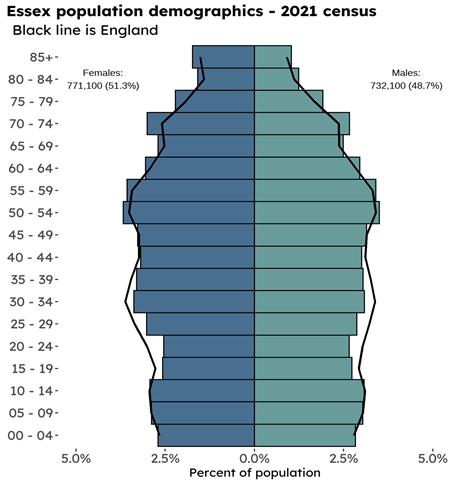To understand from the workforce’s perspective, we have conducted various forms of engagements and research to gather feedback from people working in care services.
We have learnt that 90% of people working in care sector are dedicated to their job, and they feel their work is making an impact on the care receiver and their families.
The biggest frustration is the low care worker pay compared to health colleagues and other industries, and this has a negative effect on attracting new and young people into care roles.
The other issue is the perception of care jobs, which are not recognised in line with Health roles. People don’t feel as valued or rewarded (financially) for the hard work they do. The care sector is getting increasingly more complex, and workers need time and training to be able to deliver early interventions and preventions to minimise long term support needs.
More central funding is needed to support providers to address the recruitment and attraction of more people into care roles, and also support to retain the workforce.
“You need dedication to work in a caring role, but the job is very rewarding as I can make a difference everyday to the people I visit.”
“Carers need to be recognised as a profession and paid appropriately for it; care providers’ hands are tied as the amount commissioned barely covers the pay rate”
“Because we are expected to do far more than just care. The job is getting much harder”
“Because you are treated as lower class citizens. No one values what you do from the government down to the individuals’ families.”

